Decodable texts and lesson-to-text match
11 Replies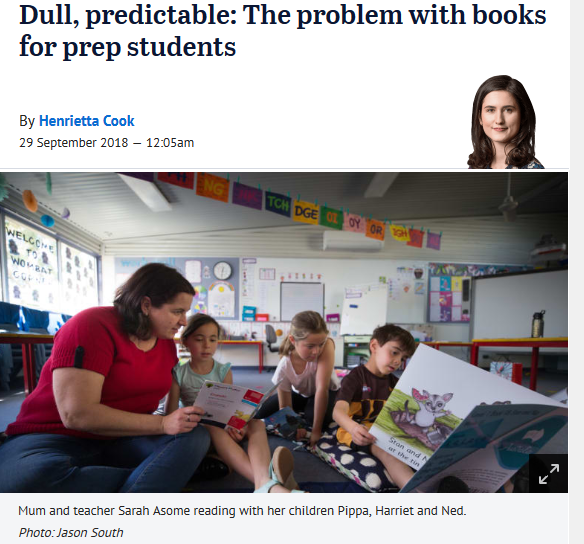
A state election looms here in Victoria, and parent-run group Dyslexia Victoria Support (DVS) is petitioning politicians to provide decodable books to all kids starting school in 2019.
Decodable books provide the reading practice for phonics lessons. They include sound-letter relationships and word types learners have been taught, plus usually a few high-frequency words with harder spellings needed to make the book make sense, which are also pre-taught.
Decodable books would replace the widely-used predictable/repetitive texts, which encourage children to guess and memorise words, not sound them out.
At the moment, children might be learning about “i” as in “sit” in phonics lessons, but take home a predictable text that might contain words like “find”, “ski”, “shield”, “bird”, “friend” or “view”. Instead of helping kids practise the sound-letter relationships they’ve been taught, their home readers can undermine this teaching.
DVS’s campaign hit the statewide media this weekend, yay, with an article called “Dull, predictable: the problem with books for prep students” in Fairfax newspapers.
Free Learning Difficulties Including Dyslexia webinars
8 Replies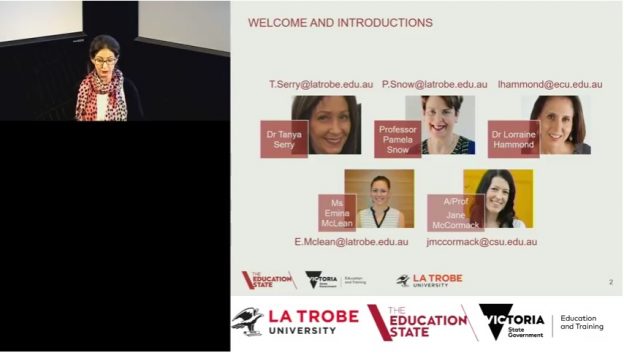
La Trobe University and the Victorian Department of Education have this year collaborated to run workshops across Victoria about learning difficulties including dyslexia. The workshops have been available to teachers and other Department of Education staff.
The information from these workshops is now being made available free online via YouTube as webinars. Wow. Amazingly generous of both the University and the Department, since most professional development of this type and quality is paywalled. So thanks to all involved.
The webinars are presented by Dr Tanya Serry from La Trobe University, and the workshops on which they are based were developed with Professor Pamela Snow, Ms Emina McLean and Assistant Professor Jane McCormack also from La Trobe, and Dr Lorraine Hammond from Edith Cowan University in WA. (more…)
What is an authentic text?
0 Replies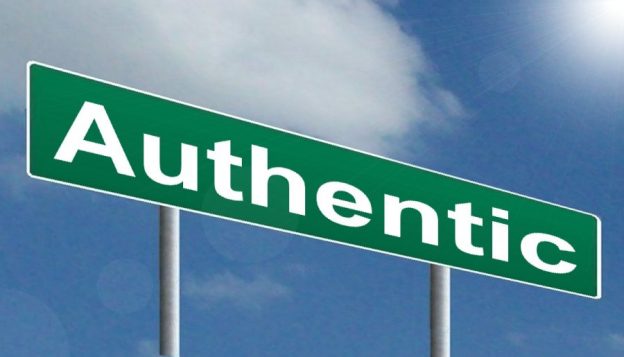
In linguistics and education, an “authentic text” is a text written for any purpose other than teaching/learning about language.
The word “authentic” doesn’t have its usual meaning in this context, nor its pejorative opposite “inauthentic”. It’s not a value-judgement.
The opposite of an authentic text is a text written for the purpose of language-teaching. This is a valid reason to write a text.
Authentic texts thus aren’t superior to language-teaching texts, they just serve a different purpose. (more…)
What is a decodable book?
19 Replies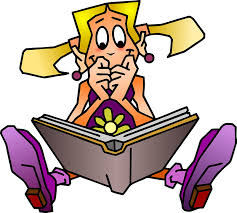
A decodable book is a book for a beginning or struggling reader which contains words she or he can sound out.
In practice this means it contains sound-letter relationships and word types its reader has been taught. It doesn’t include patterns not yet taught.
Decodability thus describes how well a book/text matches its reader’s decoding skills. It gives us a proper, objective way of identifying a just-right book, by ensuring lesson-to-text match. (more…)
Pip and Tim decodable books from Little Learners Love Literacy
6 Replies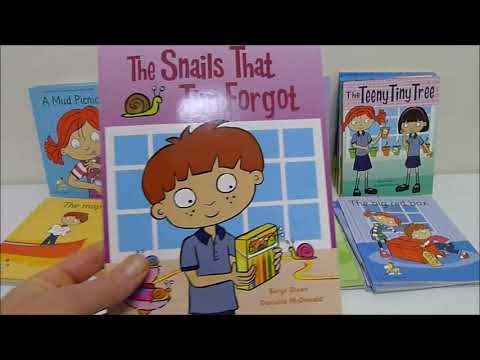
Before I buy a book, I like to pick it up and look through it properly myself.
I also like to hear about it from independent reviewers, not rely on information from those selling it. They’re hardly going to tell me if there’s something wrong with it.
Unfortunately, a lot of excellent books and other resources to help kids learn to read and spell aren’t readily available in mainstream shops.
They’re only available online, or from specialist shops that aren’t always easy to visit. So they’re hard to leaf through, and it’s also difficult to find independent reviews of them.
I’m thus using this blog to help get the message out about good resources I use and recommend from publishers and specialist stores without huge marketing budgets.
I hope this helps more learners get access to them, plus helps those selling them compete with huge companies peddling nasty look-at-the-picture-and-guess books and other dross.
Here’s a video I’ve made about the Pip and Tim decodable books from Little Learners Love Literacy, which I think are perfect for Aussie 4-6 year olds. I use them with some 7-year-old strugglers too. They’re cute, funny and designed to help kids learn to sound out words quickly and well. They’re also available very affordably as iPad apps.
No, I don’t sell these books or get paid any commission on them. I just like them a lot, and hope that (if you have 4-7 year-old literacy learners in your life) you do too.
12 reasons you should come to Prof Maryanne Wolf’s seminar
0 Replies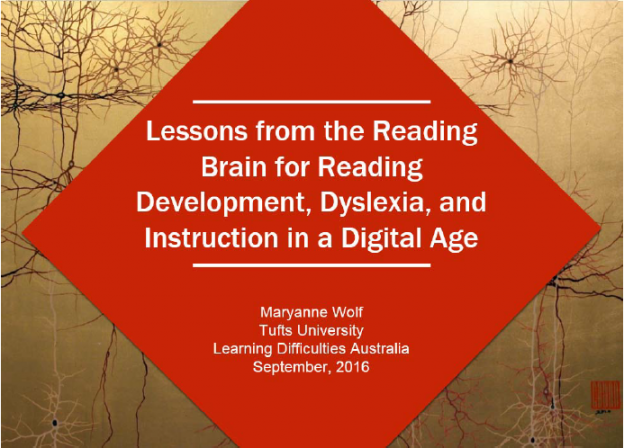
Professor Maryanne Wolf, an international expert on the reading brain and dyslexia, will give a seminar at Collingwood Town Hall on 9th September 2016.
 Prof Wolf is from the Centre for Reading and Language Research at Tufts University in the US. Her seminar will be called, “Lessons from the Reading Brain for Reading Development, Dyslexia and Instruction in a Digital Age”.
Prof Wolf is from the Centre for Reading and Language Research at Tufts University in the US. Her seminar will be called, “Lessons from the Reading Brain for Reading Development, Dyslexia and Instruction in a Digital Age”.
I’m helping organise the session with my LDA hat on, so I’ve read her book “Proust and the Squid: The Story and Science of the Reading Brain”, and am really looking forward to using my new copy of her test of Rapid Automatised Naming, the RAN/RAS.
Now I want all the professionals and keen-on-science parents who read this blog to come and hear her speak (she’ll also speak in Brisbane on 2 Sept and Sydney on 9th Sept). It’s going to be great. (more…)
Levelled books for guided reading
11 Replies
The books young children are typically given at school are called “Levelled Books”, which are used in class for “guided reading” or “shared reading”, where a teacher and a group of children read a book together, and discuss it. They’re also used as home readers.
Teachers typically encourage children to use a range of different strategies while reading these books, including guessing words from picture cues, first letters and context (e.g. “what word would make sense there?”), plus sounding words out, though often only as a last resort (perhaps thanks to the lasting influence of Dame Marie Clay, author of Reading Recovery and the Observation Survey still widely used in schools). (more…)


